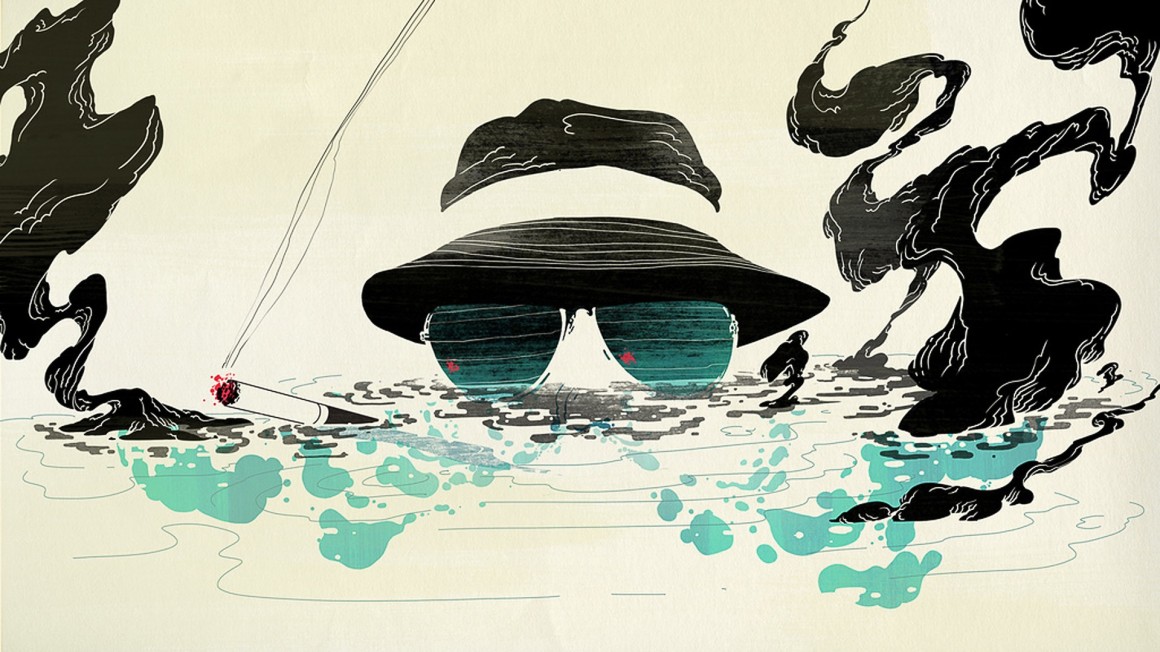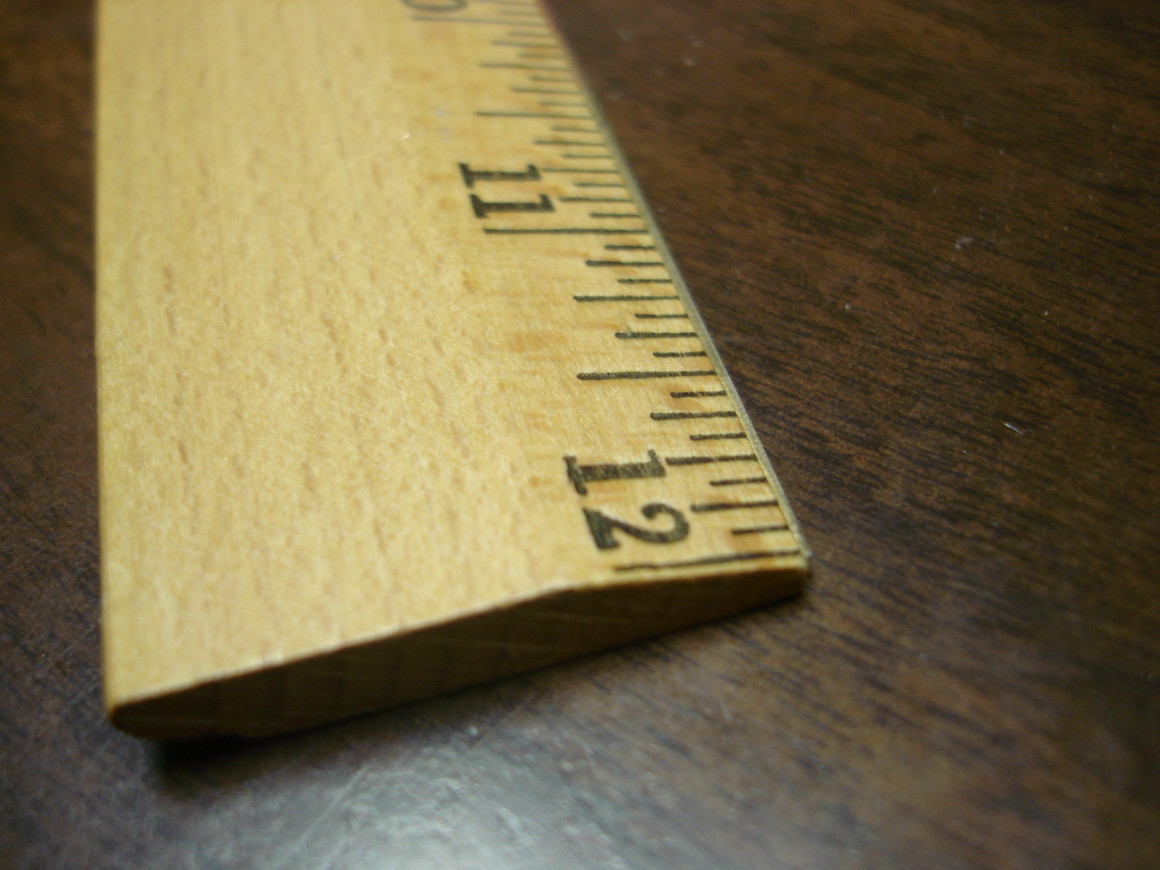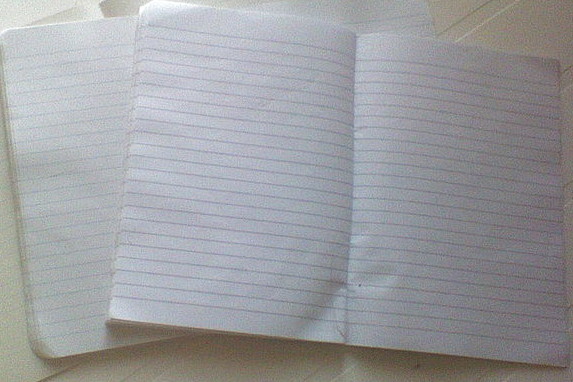How often do you read an online article or blog post to the very end? Moreover, how long do you actually remember what you read?
Recent research shows that we rarely read online articles in their entirety. And while the old adage of “you only remember 20% of what you read” has been debunked, the true percentage is probably nowhere near 100% for the non-rainmen of us.
We are a world of skimmers, which makes that small amount of material we read through to the end–and actually remember–even more special. Great writing never truly leaves us, even years down the road. Instead we internalize it, possibly changing forever the way we think about the world.
Here are six favorites I wanted to share that have never strayed too far from my mind:
A Special Graduation Message to the Class of 2012
By Drew Magary for Deadspin

“Your life is going to be monumental regardless of what happens after you graduate. Life writes a story for everyone and that story is filled with big, dramatic things like death and disease and love and addiction and despair. From the richest man to the poorest man, we all go through triumph and misery. No one makes it out alive.”
I wish the speech at my graduation had been even half this straight-shooting and inspiring. Instead, my school hosted John Boehner, and all I can remember is him making a boner joke (seriously).
Poignant and perhaps brutally honest in spots (in what I’ve seen to be true with the world so far), there are certain passages from this piece that pop into my head whenever I find myself in certain situations:
“When you drive alone at night and you don’t have the radio on, you feel like you’ve entered some kind of void in the universe.There’s no one to talk to. There’s no one to listen to. It’s just you, the pavement, and a scattering of other white and red lights around you. You enter an endless dark dream state; it’s what an atheist imagines death is like.”
Or whenever I am lacking motivation and am feeling woefully existential, wondering what the point of anything is:
“The point isn’t to do great things. The point is to just do things. The point is to experiment with the world around you and see how you can best use it to better serve your own little universe. And the more you use the world, the more it opens up for you. The seemingly unrelated shit you do has a way of eventually connecting. You’ll read a book and then bring it up spontaneously in some job interview and make a connection with your future boss. You’ll go out to get shitfaced one night and bump into your future wife. I’m not saying it’s all gonna fit together perfectly like you’re in Slumdog Millionaire, but certain things will fall into place. Life is a cumulative experience, and the more random shit you do and the more people you interact with, the more the world can be of service to you.”
If someone were to ever ask about my basic outlook or philosophy on life, I’d probably just forward them this piece.
Truthfully, my only goal when I write is to create something that has the kind of staying power with the reader that this piece has had with me.
How We Judge Others is How We Judge Ourselves
By Mark Manson for MarkManson.net
“If you measure your life by how much you’ve traveled and experienced, then you will measure other people by the same standard – how worldly they’ve become. If they prefer to stay home and enjoy the comforts of routine, then you will judge them as incurious, ignorant, unambitious, regardless of what their aspirations really are.”
This post really hit home for a multitude of reasons and made me realize just how much value I put in travel. Unconsciously for most of my adult life, I had been holding people who were well-traveled in very high esteem because I looked down upon myself for having never traveled abroad (yet).
And this idea holds true (for me) across all different areas of life–I used to be obsessed with my body image and would work out purely for aesthetic reasons. At the same time–and not always realizing it–I would also be constantly judging others for their physique.
Now that I have a much more positive and healthier attitude about fitness, not only do I rarely (if ever) critique my own body, it no longer even crosses my mind to assign value to others based on their physical conditioning. The same goes for the having routine in one’s life. After all, “The yardstick we use for ourselves is the yardstick we use for the world.”
And while it’s certainly open to debate, the line “Everyone is either trying to prove or disprove who they were in high school” is gold and something to think about.
How to Live Without Irony
By Christy Wampole for the New York Times Opinionator
“But Y2K came and went without disaster. We were hopeful throughout the ’90s, but hope is such a vulnerable emotion; we needed a self-defense mechanism, for every generation has one. For Gen Xers, it was a kind of diligent apathy. We actively did not care. Our archetype was the slacker who slouched through life in plaid flannel, alone in his room, misunderstood.”
It’d be hard to describe a hipster (which I have been called more than once) to someone without using the word ironic. However, point by point, Wampole makes a great argument that the hipster subculture is just the flagship of a mass irony-movement that has bled into every corner of today’s society, from advertising to social media.
While admitting her own shortcomings with ironic living, she also identifies the irony-movement as a kind of defense mechanism, a reflection of a bigger issue with our generation having difficulty being honest and direct about who we are and what we want. The piece is far from an empty critique or rant–Wampole concludes with offering actionable-advice intended to raise our self-awareness of our own ironic tendencies:
“Look around your living space. Do you surround yourself with things you really like or things you like only because they are absurd? Listen to your own speech. Ask yourself: Do I communicate primarily through inside jokes and pop culture references? What percentage of my speech is meaningful? How much hyperbolic language do I use? Do I feign indifference? Look at your clothes. What parts of your wardrobe could be described as costume-like, derivative or reminiscent of some specific style archetype (the secretary, the hobo, the flapper, yourself as a child)? In other words, do your clothes refer to something else or only to themselves? Do you attempt to look intentionally nerdy, awkward or ugly? In other words, is your style an anti-style? The most important question: How would it feel to change yourself quietly, offline, without public display, from within?”
It’s almost enough to make me stop saying YOLO sarcastically. Almost.
Why Writers Are the Worst Procrastinators
By Megan McArdle for The Atlantic
“Most writers manage to get by because, as the deadline creeps closer, their fears of turning in nothing eventually surpasses their fears of turning in something terrible.”
This fear of turning in nothing has gotten me through more assignments and projects than I could ever begin to count. McArdle weaves this idea into a theory about why writers are such terrible procrastinators; essentially, she argues, it’s because they were good at English class.
“Most writers were the kids who easily, almost automatically, got A’s in English class. (There are exceptions, but they often also seem to be exceptions to the general writerly habit of putting off writing as long as possible.) At an early age, when grammar school teachers were struggling to inculcate the lesson that effort was the main key to success in school, these future scribblers gave the obvious lie to this assertion. Where others read haltingly, they were plowing two grades ahead in the reading workbooks. These are the kids who turned in a completed YA novel for their fifth-grade project. It isn’t that they never failed, but at a very early age, they didn’t have to fail much; their natural talents kept them at the head of the class.
This teaches a very bad, very false lesson: that success in work mostly depends on natural talent. Unfortunately, when you are a professional writer, you are competing with all the other kids who were at the top of their English classes. Your stuff may not—indeed, probably won’t—be the best anymore.”
Guilty and guilty. Even though I enjoyed it, I gave no serious thought to incorporating writing into my career or even as a side-pursuit until after college. I honestly feel that a big reason for this was that writing always came so natural to me–how could anything so easy give me success in life? What was the big deal?
The rare times I did try and sit down to write creatively I would hit a block shortly after beginning. Because I had never really struggled in any capacity with school-assigned writing, it was easier just to chalk the shortcoming up to not being talented enough. I was good at writing, but not that good:
“The kids who race ahead in the readers without much supervision get praised for being smart,” says Dweck. “What are they learning? They’re learning that being smart is not about overcoming tough challenges. It’s about finding work easy. When they get to college or graduate school and it starts being hard, they don’t necessarily know how to deal with that.”
Our 21-Day Journey Into Minimalism
By Joshua Fields Millburn and Ryan Nicodemus for The Minimalists
“Everything we buy has extra costs associated with them, not just the price on the price tag.”
While I’ll probably never come close to being able to make one of those ‘look at everything I own‘ posts (I love my books and pint glasses too much), this series of 21 mini-posts by ‘The Minimalists’ introduced me to the idea of minimalism and forever changed the way I look at possessions.
I used to be a pack rat, convincing myself to keep all kinds of junk in the event that I ‘might need it someday’ or assigning some sort of sentimental value to it.
Some of the posts are a little extreme (e.g., getting rid of your car, selling your house) but going through the series post-by-post had me paring down the amount of junk in my life, and it felt good. Even today, be it from my computer desktop to my closet, I am constantly trying to keep things restrained to that which I actually use. I truly believe your possessions end up owning you, and getting rid of the noise has allowed me to focus on the things that are more important to me (e.g., writing) than managing and organizing items.
20-Year-Old Hunter S. Thompson’s Superb Advice on How to Find Your Purpose and Live a Meaningful Life
By Maria Popova (and Hunter S. Thompson) for Brain Pickings
From Letters of Note, compiled by Shaun Usher

“Every man is the sum total of his reactions to experience. As your experiences differ and multiply, you become a different man, and hence your perspective changes. This goes on and on. Every reaction is a learning process; every significant experience alters your perspective.”
One of the biggest changes I’ve seen in myself over the past two years is that I am much more hesitant to give ‘advice.’ As I mused about in a recent post, I’ve tried to stop thinking about there being a ‘best’ or ‘right’ way to do things, or that I would even know what that might be. Even when talking to people now, I use a lot more qualifiers (too many according to some) and try to make it clear that I am speaking only from my own anecdotal evidence.
Remarkably insightful for a 20 year old, Hunter sums up my new disdain for a lot of self-development material nicely in a letter to a friend:
“To give advice to a man who asks what to do with his life implies something very close to egomania. To presume to point a man to the right and ultimate goal — to point with a trembling finger in the RIGHT direction is something only a fool would take upon himself.”
I have also recently realized the importance of being more process than goal-oriented (to the point where I have thought about getting rid of my bucket list). Over several paragraphs the late journalist opines about why this is important:
“To put our faith in tangible goals would seem to be, at best, unwise. So we do not strive to be firemen, we do not strive to be bankers, nor policemen, nor doctors. WE STRIVE TO BE OURSELVES.
But don’t misunderstand me. I don’t mean that we can’t BE firemen, bankers, or doctors—but that we must make the goal conform to the individual, rather than make the individual conform to the goal. In every man, heredity and environment have combined to produce a creature of certain abilities and desires—including a deeply ingrained need to function in such a way that his life will be MEANINGFUL. A man has to BE something; he has to matter.”
—
And if you’ve made it this far, thanks for skimming.
What random online reading has stuck with you?





